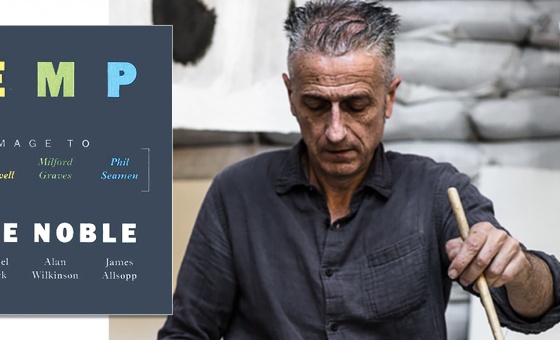SUELLA BRAVERMAN’S meeting with Met Police chief Sir Mark Rowley is a choreographed exercise.
The Home Secretary has form. For all that she has exhorted police to “stop pandering to politically correct preoccupations” and focus on catching criminals, she is actively committed to political policing.
Legislation she and her predecessors have forced through Parliament — especially the Public Order and Police, Crime, Sentencing & Courts Acts — is designed to change the nature of policing demonstrations, from a (theoretical) stress on preventing violence or damage to property, to the actual suppression of protest.
That’s behind her drive to see demonstrators arrested before disruption even begins, something we saw police abuse at Charles III’s coronation, when strapping designed to fix placards to sticks was deemed grounds for arrest because it could hypothetically be used by protesters to tie themselves to buildings.
It explains too the provision for arrests on extraordinarily vague grounds like causing a “serious nuisance,” law written to give police officers on the spot huge leeway to decide whether something is a crime or not.
In recent weeks Braverman has tried to guide police on how to exercise this judgement. She has asked if they will consider whether, in context, non-criminal acts like waving the Palestinian flag might take on a criminal character. She has revived too talk of an outright ban on the “from the river to the sea” chant.
Now, she meets the Met chief to ask why more arrests were not made at a minor protest on Saturday that took place separately from the main Palestine solidarity demonstration in London, where speakers called for “jihad.”
The Met’s official response — that jihad has numerous meanings and it did not believe an offence had been committed — is appropriate.
Calling for arrests for the mere use of a word which in popular Western usage denotes a violent “holy war” waged by religious extremists, but which is also used by many Muslims to mean struggle in general, would undoubtedly further inflame racial and religious tensions in Britain.
But it is not just Braverman. It is not just the Tories.
The “experts” are wheeled out too. Former head of counter-terrorism Neil Basu talks of “gaps in the law.” The phrase is eagerly taken up by Keir Starmer, who says that the most authoritarian government in living memory has not yet banned enough: “I think the government needs to look at whether there are gaps in the law that need to be addressed…”
Basu follows the “commissioner for countering extremism,” Robin Simcox, in pushing for more political interventions by the police. Simcox holds another allegedly apolitical role, though he is a Home Office appointee: his title allows him to pose as an independent expert. But this research fellow at the neoliberal Henry Jackson Society and Margaret Thatcher Fellow at the Heritage Foundation’s Margaret Thatcher Centre for Freedom is no neutral adviser when he accuses Palestine solidarity demonstrations of facilitating hate crimes.
During Jeremy Corbyn’s leadership of the Labour Party we witnessed a rare level of public co-ordination by state and Establishment institutions to break the left. Besides the united liberal and Tory media assault, we had generals talking about mutiny, spymasters touting alleged threats to our national security and even civil servants claiming the Labour leader was too old.
The lesson was that none of these institutions is actually neutral. They can and do act politically. “Expert” opinion is now routinely deployed to back up a ruling-class consensus in favour of a more authoritarian state — now, unfortunately, Labour are as enthusiastic about that as the Tories.
We should not despair. The sheer size of the Palestine rallies explains the reasons our rulers are so fixated on greater control.
Public opinion is no more aligned with Westminster on the Middle East than it is on public ownership or taxing the rich. We must not let them silence us.








